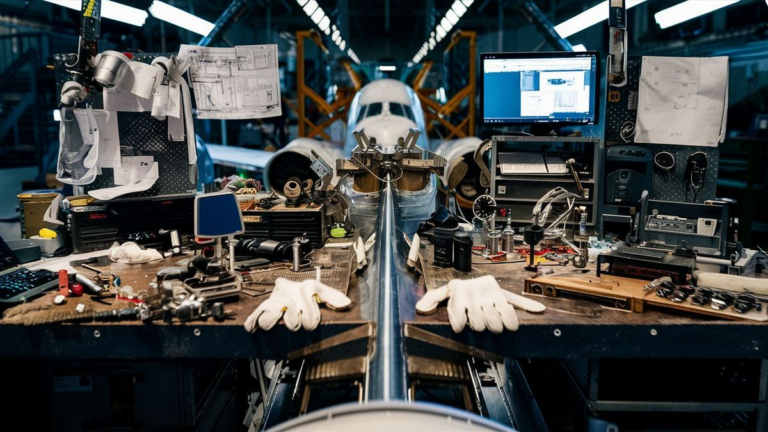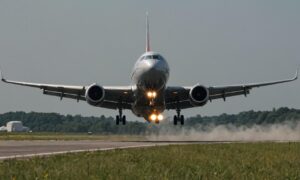Curious about the earning potential of aircraft assemblers? Join us as we delve into the world of aircraft assembly, exploring the factors that influence compensation and providing insights into the remuneration of these skilled professionals.
The Art of Aircraft Assembly
Aircraft assemblers play a crucial role in the aviation industry, where precision and attention to detail are paramount. These skilled individuals are responsible for assembling various components to construct the intricate machinery that takes to the skies. From fuselages to wings, their work ensures the structural integrity and safety of the aircraft.
Factors Influencing Compensation
Several factors contribute to the varying salaries of aircraft assemblers. Experience and expertise in the field are key determinants, with seasoned professionals often commanding higher wages. Additionally, the complexity of the aircraft being assembled, the geographic location of the assembly plant, and the employer’s financial standing all play pivotal roles in shaping compensation packages.
Experience Matters
Seasoned aircraft assemblers with years of hands-on experience typically earn higher salaries. Their wealth of knowledge and ability to handle intricate assembly processes make them valuable assets to aerospace companies.
Complexity of Aircraft
The intricacy of the aircraft being assembled can impact compensation. Assembling advanced, cutting-edge aircraft with sophisticated technology and design may require specialized skills, leading to higher pay for those with the expertise to tackle such challenges.
Geographic Location
Salaries for aircraft assemblers can also vary based on the geographical location of the assembly plant. Areas with a higher cost of living or a strong demand for skilled labor may offer more competitive compensation packages.
Employer’s Financial Standing
The financial health of the employer is a significant factor influencing compensation. Established aerospace companies with robust financial standing may have the capacity to offer more attractive salaries and benefits to their workforce.
Industry Insights
While the Bureau of Labor Statistics (BLS) provides valuable insights into national salary averages, it’s essential to consider that these figures can vary within the aerospace industry. Factors such as the specific sector within aerospace, the size of the company, and the employee’s role within the assembly process contribute to the overall compensation package.
In the dynamic field of aircraft assembly, compensation for skilled professionals is influenced by a myriad of factors. From experience and the complexity of the aircraft to geographical location and employer stability, these elements collectively shape the earning potential of aircraft assemblers. As you navigate the fascinating world of aerospace manufacturing, keep in mind the diverse factors that contribute to the salaries of these vital contributors to the aviation industry.
Training and Education Requirements
Entering the field of aircraft assembly often requires a combination of formal education and on-the-job training. While some assemblers may possess a high school diploma and gain skills through apprenticeships, others pursue specialized education in aviation technology or a related field. Employers may value certifications or degrees, enhancing an assembler’s qualifications and potentially impacting their compensation.
Technological Advancements
With the continuous evolution of aviation technology, aircraft assemblers must stay abreast of the latest advancements. Those proficient in operating and adapting to cutting-edge assembly technologies may find themselves in higher demand, contributing to increased earning potential. Embracing digital tools and automation in the assembly process can be a valuable skill set that sets professionals apart in the competitive aerospace industry.
Adapting to Automation
Automation plays a growing role in aircraft assembly. Assemblers who can seamlessly integrate and work alongside automated systems may find themselves in a favorable position. The ability to operate, troubleshoot, and maintain automated assembly equipment could lead to enhanced compensation as the industry embraces more automated processes.
| Benefits of Specialization | Challenges of Specialization |
|---|---|
| Increased earning potential | Potential job market fluctuations |
| Recognition as an industry expert | Continuous need for skill updates |
Frequently Asked Questions
- What educational paths are common for aspiring aircraft assemblers?
- How does industry specialization impact compensation?
- What role does ongoing training play in an assembler’s career?
- Are there regional differences in the demand for aircraft assemblers?






